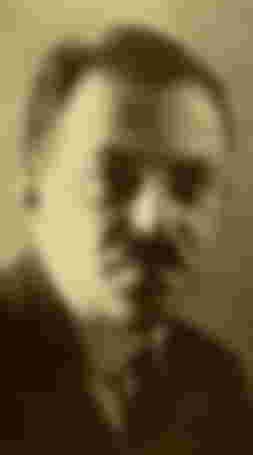Betty Boop is a cartoon character, but in terms of popularity and recognition, she has far exceeded the limits of that medium. Today, she is in comics, on T-shirts, she is part of commercials, and her "bup-up-a-dup" is known all over the world. Yet the story of the woman (or women) who served as the inspiration for the creation of this sensual (and somewhat scandalous) cartoon character is largely unknown. Because Betty Boop's fame far surpassed theirs.

Betty Boop was born in the Flasher studio, where she made her debut on August 9, 1930, and very quickly became very popular in a series of short cartoons of the same name by Paramount Pictures.
Its creator Max Flecher did not hide that he was inspired by the images of several famous American entertainers at the time, the most impressive of which was the image of the singer Helen Kane.

The animator of the character, Grim Natwick, based on the song "Bup-Bup-A-Dup" performed by Helen Kane, created a cartoon character to whom these words will suit, and that phrase soon became a trademark of the entire cartoon series.
Helen Kane worked for Paramount Pictures at the time of creating the character and, although a rising star during the 20s, she was already nearing the end of her career. What's more, she was just one in a series of actresses of the time who used "bup-up-a-dup" as a phrase, so that was the fame that the studio planned to inherit by switching to the cartoon character Betty Boop.
However, things got complicated when Helen Kane filed a lawsuit against Max Flecher and Paramout Studios in 1932, seeking $ 250,000 in damages, claiming that the phrase "bup-up-a-dup" was used from her song "I wanna be loved by you ”.
Helen claimed that Betty Boop's appearance was a deliberate caricature of her appearance, which violated the law on human rights, as well as that the heroine from the cartoon represented "unfair competition".
The girls who borrowed the votes of Betty Boop - Bonnie Poe and Margie Hines, testified in favor of the defense.
At one point, the defense called manager Louis Bolton, who testified that Esther Jones, an African-American singer from the "Cotton Club" in Harlem, was the one who included the "boops" in her performances long before Kane.
Thanks to the recording from this club, it has been proven that this dark-skinned beauty used the "bup-bup" phrase a few years before Helen. Moreover, although Kane never admitted it, there was a possibility that she picked it up from her because she herself often visited this place.
Unfortunately, little is known about singer Esther Jones today. The recordings of her voice that were released at the trial have been lost, and today it is considered that she was deceased even before the trial began.
After years of litigation that turned into a media circus, it all ended without a real winner - Helen Kane continued to claim that she was the inspiration for Betty, Paramount Pictures never paid her any compensation, and the provocative cartoon heroine continued to perform her own, more and more legendary "bup-a-dup" in every cartoon in which she appeared.
Today, Esther Jones is forgotten. And Helen Kane's fame has faded and mostly no one even remembers her. Only Betty Boop still lives on the screens. And, of course, he always utters the familiar "bup-a-dup."


You are Popeye's girlfriend right? 😂